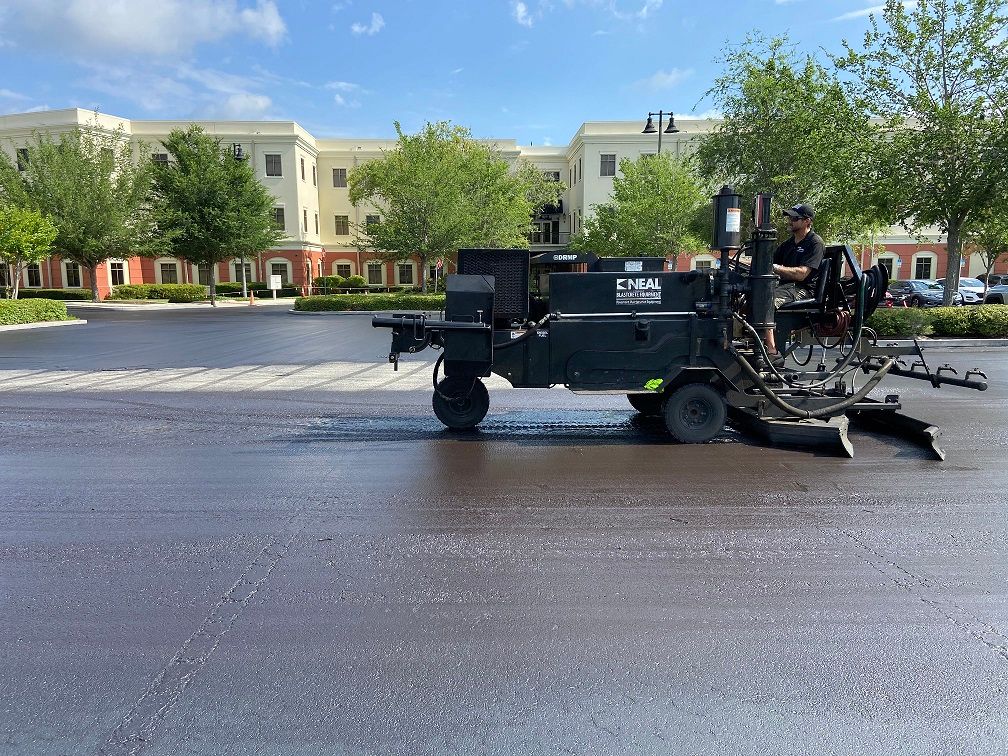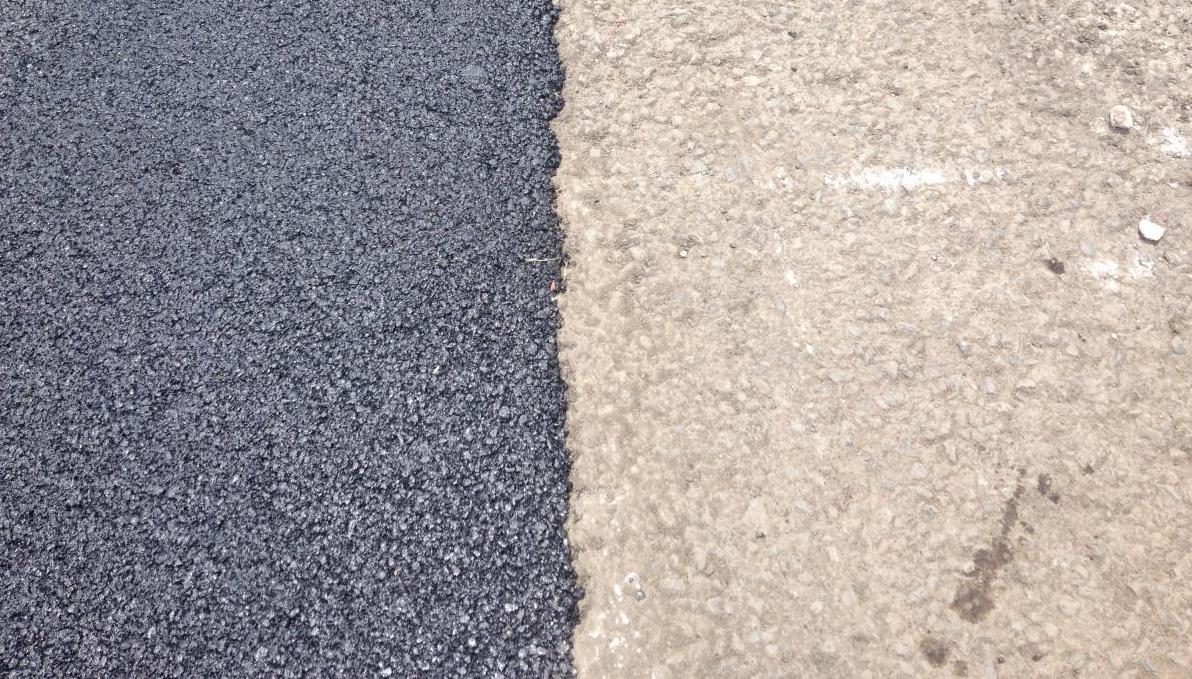

Are you curious how your asphalt reacts to the changes in temperature? Many people may not know that weather has a tremendous affect on the quality of your pavement. Our specialists that perform asphalt repairs in Sanford understand how to protect you from these issues, but you should first understand how temperature affects the pavement itself. These are some of the things that you should know about how temperature affects your paved surfaces, especially your asphalt surfaces, over time.
When you experience many shifts in temperature, your asphalt will contract and expand, which can cause it to easily crack. Low temperatures may cause it to contract, whereas high temperatures will cause it to expand. When the temperatures are constantly shifting, this can be extremely damaging to the overall structure of your pavement.
UV exposure, which is common all year long in our state, can cause oxidation of the pavement. Oxidation is the process of forming heavier oils, and this may make the asphalt much more brittle and susceptible to cracking. One of the ways to protect your pavement from the dangers of excessive sun exposure is to routinely sealcoat the surface.
Whether you are experiencing unusually high or low temperatures, you may notice that your pavement is being negatively affected. Temperature extremes can cause many issues. For example, when the temperatures are at record lows, they cause the pavement to contract and shrink. This shrinkage can lead to an increased chance of cracking.
Even though we rarely see temperatures below freezing in the state of Florida, you should still understand its affects on paved surfaces. When temperatures go below freezing, the water trapped under the pavement can expand, which can cause the pavement to heave and bend. If this happens in many places, it can cause issues throughout the entire surface of the pavement.
The longer your pavement is exposed to water, the more deterioration and damage that will occur. When you experience heavy rains, you should take notice of how the water is draining from the surfaces to ensure that it is properly draining away from the pavement. If water is left to pool on the surface, your asphalt will deteriorate quickly, and it can also seep into the internal structure.
By performing routine repairs, sealcoating, and inspections, you can maintain your pavement so that it lessens the severity of temperature-related damages.
These are just a few of the facts that you should understand about how temperature affects the quality and structure of your pavement. When you are looking for prevention techniques and overall asphalt repairs in Sanford, you want to trust the experts. Contact Florida Seal Coating to hear how we can help you with temperature-related damage today.
Get a free, no-obligation estimate for your asphalt project. Our team is ready to help protect and enhance your property.
(407) 942-3681